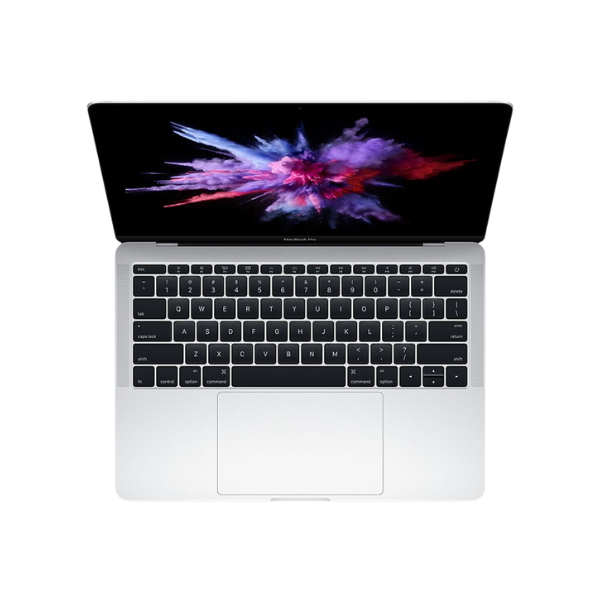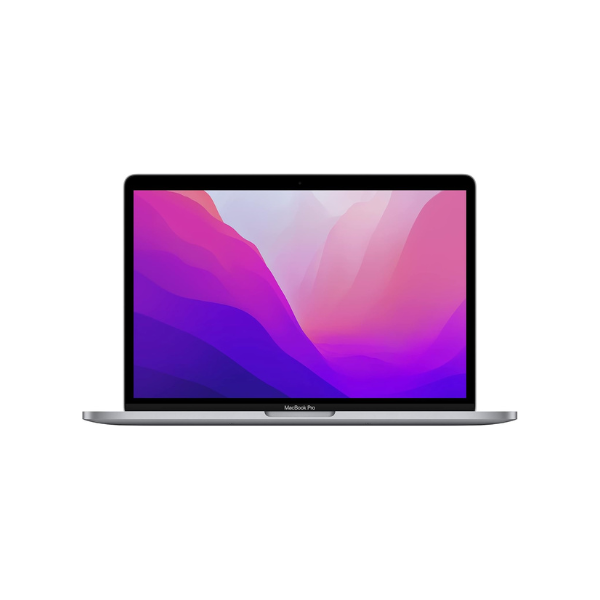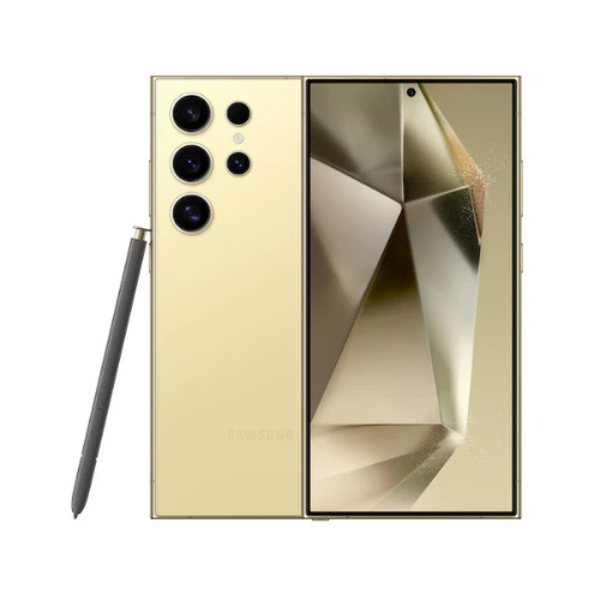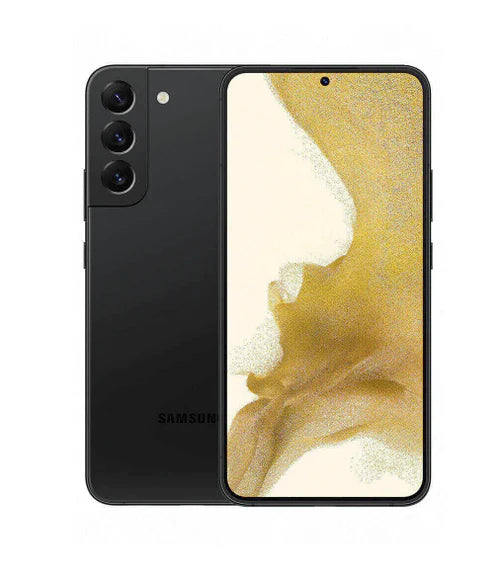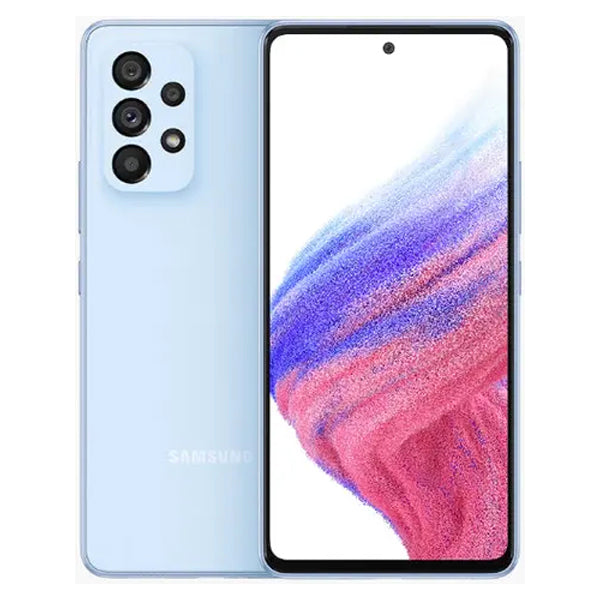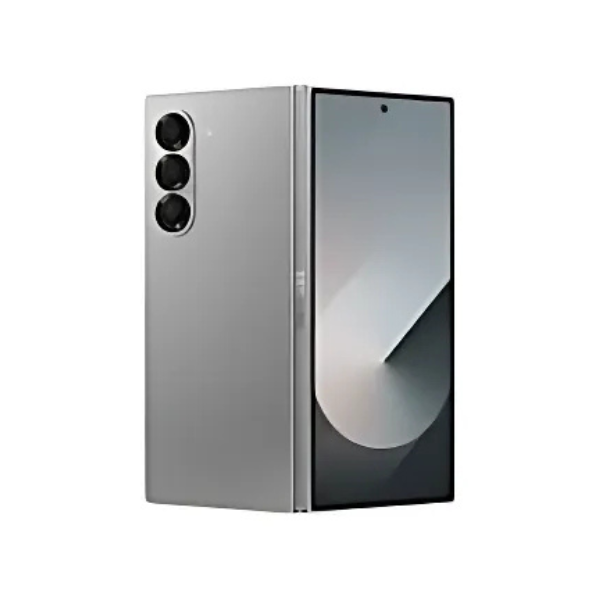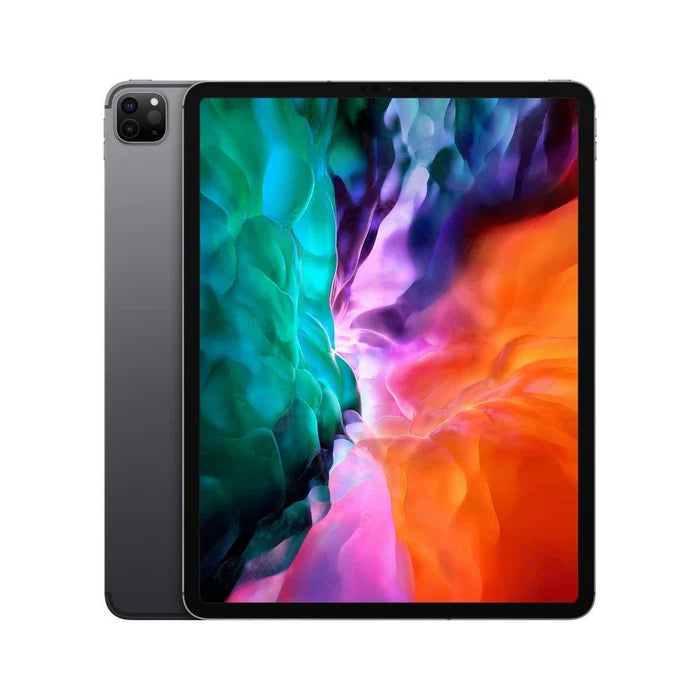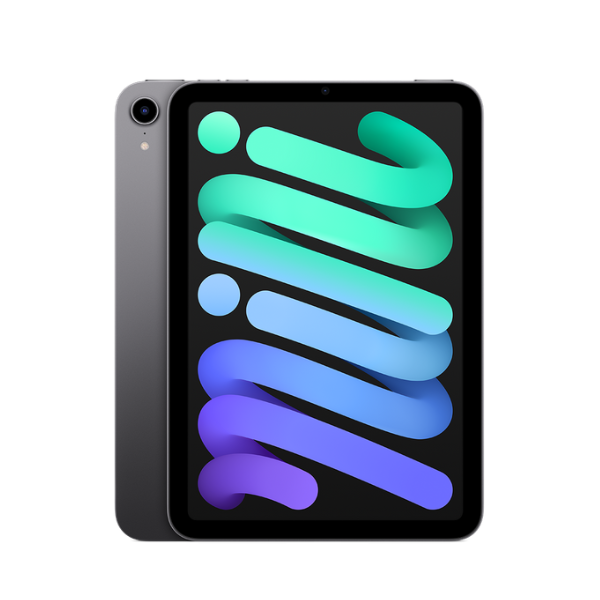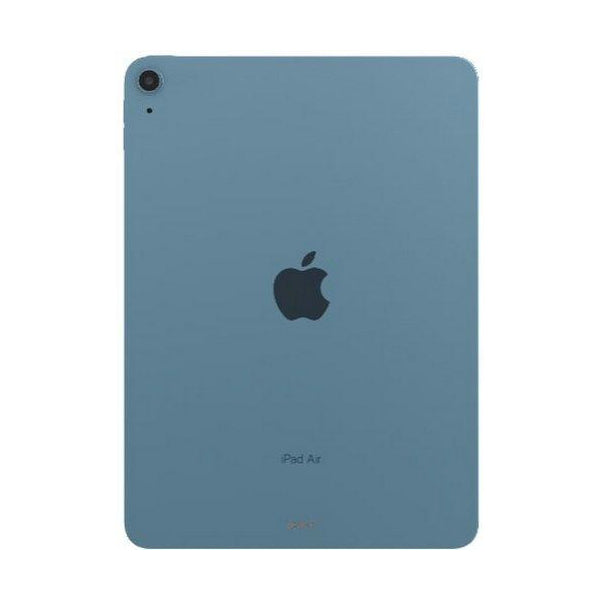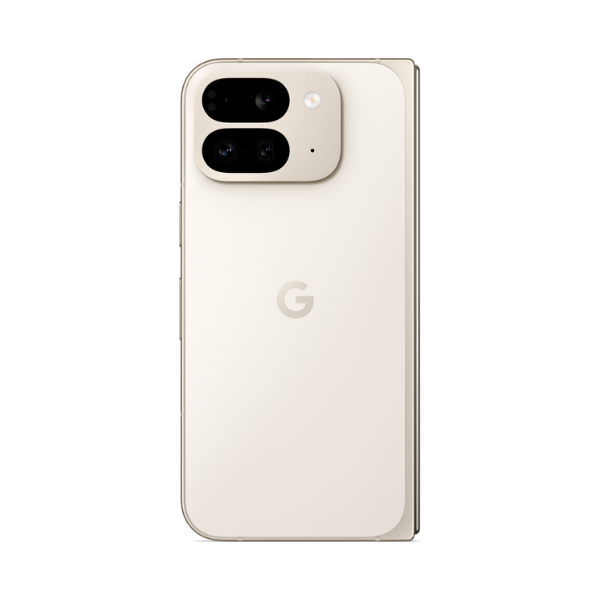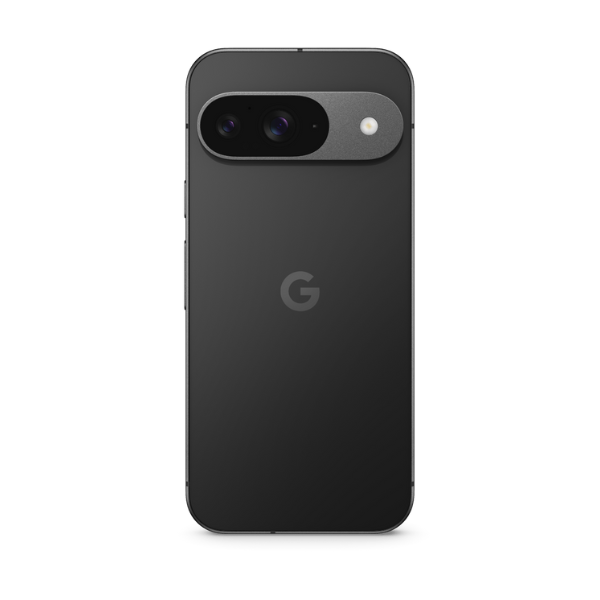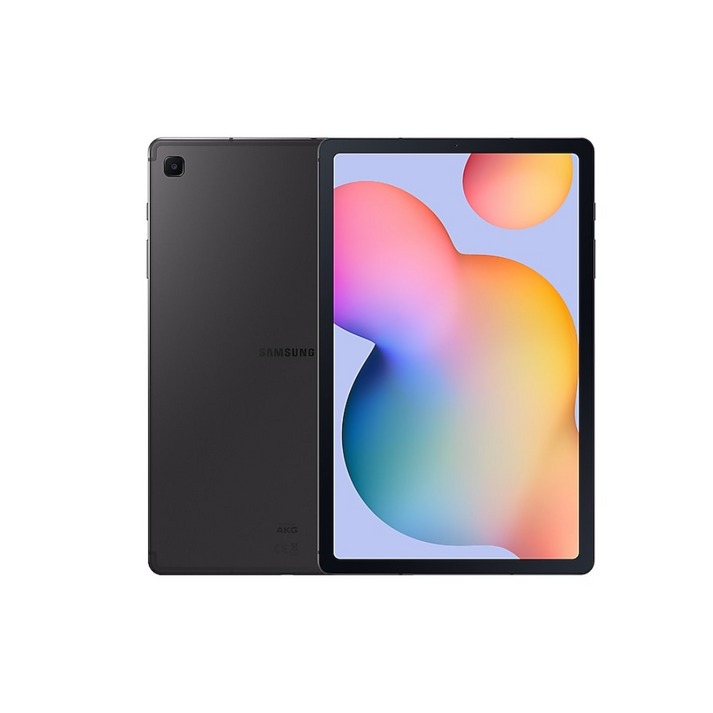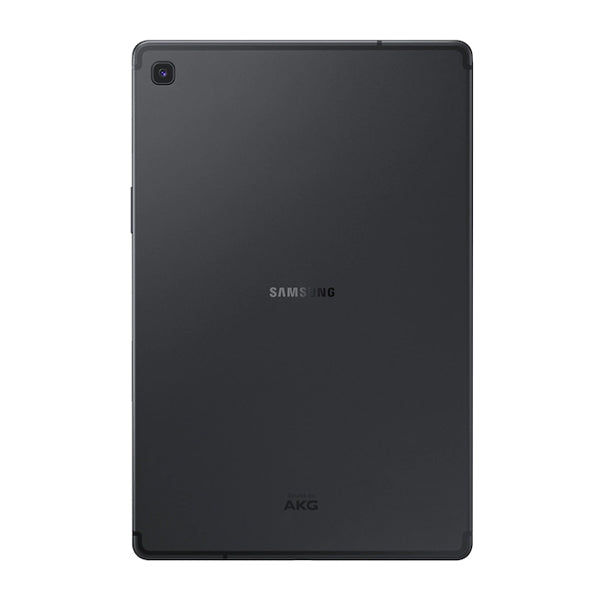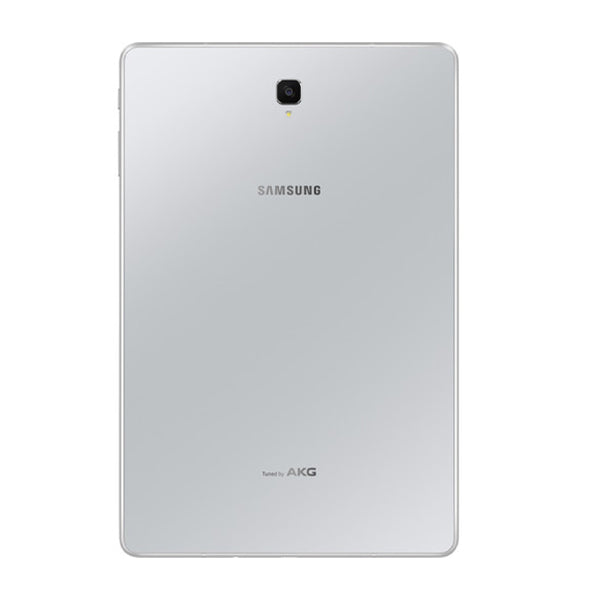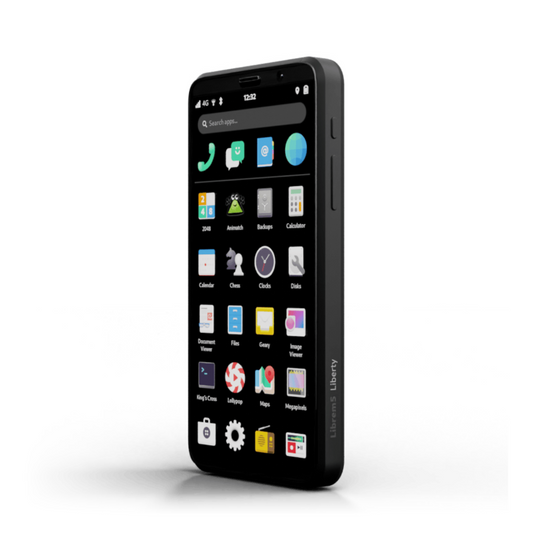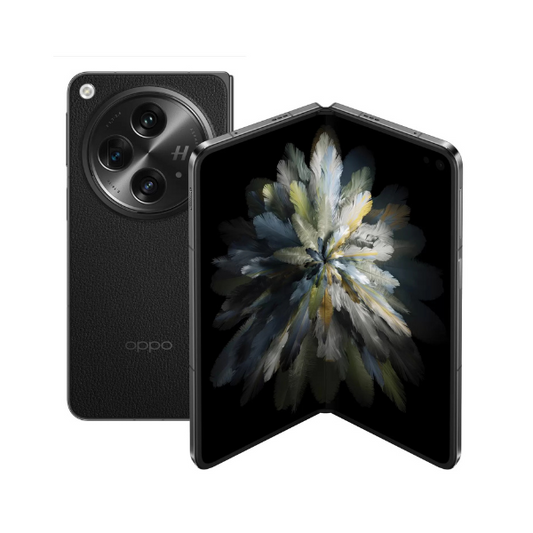As we enter the tech-savvy world, people find it hard to decide which smartphone to buy. We have reviewed the two promising mid-range models: Google Pixel 8 and Pixel 8 Pro. Each has many advantages, but the focus is different. This blog post will compare the two devices' design, cameras, batteries, and overall performance. Are you still wondering which Pixel phone is good for you? Read on; it is a simplified guide to Pixel phones for regular and tech-savvy users.
Comparison of Pixel 8 vs Pixel 8 Pro
Deciding which smartphone is better, the Pixel 8 or the Pixel 8 Pro, can be challenging. To help you distinguish, let's look at how these two types of smartphones differ and how they can be similar.
1) Design
The design of the Pixel 8 and Pixel 8 Pro plays a significant role in their user experience. Both are sleek and stylish, with a glass front and a distinctive camera bar visor. The Pixel 8 Pro, being slightly larger, offers a matte frame, while the Pixel 8's back panel is glossy. Both smartphones are IP68 certified, making them water and dust-resistant, a feature that enhances their durability and usability in various conditions.

Check Out: Pixel 7 Pro vs 8 Pro: Simple Comparison of Features and Improvements
2) Size and Weight
The Pixel 8 and Pixel 8 Pro are crafted differently depending on users' size and weight preferences. Pixel 8 is a small, slim phone built to be held and carried around in hand or pocket while powerful enough to be considered a flagship phone. It is much sleeker than the earlier models, easily fits in your hand, and can conveniently be taken in your pocket. It makes it ideal for consumers wishing to use a much more accessible device for most of their daily activities.
On the other hand, the Pixel 8 Pro offers a more extensive, more substantial experience, perfect for those who prefer a premium feel. With its larger display and additional features, it provides a luxurious experience, albeit at the cost of some convenience for those with smaller hands or pockets.

3) Display
The Pixel 8 Pro and Pixel 8 differ in their display technology, significantly impacting the viewing experience. The Pixel 8 Pro features a 6.7-inch LTPO OLED display, offering sharp quality and a 120Hz refresh rate for a seamless feel. The Pixel 8 also boasts a 120Hz OLED screen but lacks advanced features like LTPO and has a lower pixel density. Both screens support HDR10+ for enhanced video viewing.
Another headliner is the high refresh rate of both phones, 120Hz, but the 8 Pro has an LTPO OLED panel that dynamically ranges from 1Hz to 120Hz based on usage to conserve battery. Pixel 8 Pro's display is marginally brighter outdoors at the sunlit mode of 1,600 nits against Pixel 8's 1,446 nits, while the difference is trivial. The Pixel 8 Pro uses a higher PPI to support the screen size than the Pixel 8. Both phones have HDR10+ support, but the Pixel 8 Pro has better screen protection with Gorilla Glass Victus 2, while the Pixel 8 has the old Gorilla Glass Victus.

Check Out: Pixel 7 vs Pixel 7a: Compare Features & Find Your Best Fit
4) Audio & Speakers Test
Both phones feature stereo speakers for good sound quality. However, the Pixel 8 Pro's sound is richer and more profound, enhancing your media experience. Both phones were equally loud in our test, but the Pixel 8 Pro's fuller and warmer bass sound quality made it our preferred choice for most tracks, providing an immersive and engaging audio experience.
5) Performance
The Google Pixel 8 and Pixel 8 Pro have the Google Tensor G3 Chip; as expected, the device runs smoothly for daily usage. In the context of multitasking, the Pixel 8 Pro has increased the amount of installed RAM. As for operation, both phones offer a seamless experience while not being as snappy as the industry leaders.
The Tensor G3 chip is Samsung's latest innovation. It is designed using a 4nm process and is adapted to newer models than older ones, boasting better AI and performance. Despite sharing the same hardware, performance is nearly the same, with a few differences. For example, the Pixel 8 performs better in some benchmarks due to its lower resolution, meaning it might have a lower frame rate in some games than the 8 Pro. In offscreen GPU tests, there's no noticeable difference.
The choice is even more comprehensive in terms of memory. Depending on the market, you can get up to 1 TB of storage and 12 GB of RAM. The storage options are 128/256GB, and RAM is 8GB on the Pixel 8. A current system of 8GB RAM is good enough, but more RAM is required when the Android updates are on the scene.

6) Battery Life
Pixel 8 Pro has a bigger battery; however, it lasts around 11 hours and 15 minutes using active applications. Like most of Google's Pixel phones, the Pixel 8 charges considerably faster than the 8 Pro. More surprisingly, although the Pixel 8 Pro has a larger battery of 5050mAh compared to the Pixel 8 of 4575mAh, the battery drainage time is almost similar. The Pixel 8 is more suitable for playing videos, and the 8 Pro is more appropriate for calls and browsing the Internet.
7) Charging Speed
Charging has been one of the issues that Pixel phones have had, though this time around, it is manageable. The Pixel 8 and Pixel 8 Pro support fast charging; specifically, the Pixel 8 has 27W fast charging while the Pixel 8 Pro has 30W fast charging. Wirelessly, the Pixel 8 power is 18W, and the Pixel 8 Pro's power is 23W. Both of them share features of reverse wireless charging. The same can be said when charging the Pixel 8 and Pixel 8 Pro; the Pixel 8 charges 5W quicker, though from flat, it would take 33 minutes to charge instead of 29 minutes.

8) Camera Capabilities
Significant differences are evident in the camera section of the two products. The Pixel 8 also has an ultra-wide dual-camera system: 50 MP (primary) and 12 MP (ultra-wide). The Pixel 8 Pro is slightly more versatile. It has a 50 MP primary camera, 48 MP telephoto zoom, and 48 MP ultra-wide. That provides the pro model with additional lenses for zoom and wide-angle shots.
9) Other Differences
In addition to their main features, the Pixel 8 Pro has some intriguing advantages over the Pixel 8. One notable addition is a temperature sensor that enables users to measure the temperature of objects like drinks and cookware by scanning them. While the Pixel 8 Pro has a slightly larger battery (4,950 mAh compared to 4,575 mAh), its power usage is impacted by the more prominent display, resulting in comparable battery life claims of 72 hours with Extreme Battery mode activated.
Furthermore, the Pro model will introduce exciting video features later this year: Video Boost will allow users to upload video clips to the cloud for enhanced processing by Google, improving aspects like colour and stabilization. Additionally, Night Sight Video aims to enhance night recordings by providing better exposure and a more comprehensive dynamic range. These features hold promise, and many are eager to see how they perform in real-life scenarios.

Roobotech: Why Choose Refurbished?
The Roobotech idea is perfect for all technology enthusiasts as they can get an original device that is restored and works like new at a reasonable price compared to purchasing an item from an official store. Selecting refurbished products allows you to use the best technologies in the market while saving money and helping protect the environment.
Refurbished gadgets have gone through an inspection, repair, and rigorous testing process to make them as good as new, frequently accompanied by a warranty to guarantee the client further. In this way, you also participate in reducing electronic waste, so by choosing refurbished devices, you make the wiser choice for the future. Nevertheless, thanks to the company's adherence to quality, you are assured of sourcing a reasonable price for a quality Roobotech product.
Which One To Buy in 2024?
If you want to choose between Pixel 8 and Pixel 8 Pro, you will need more than numbers to do the work for you. If you need a smartphone with portability, the Pixel 8 is the best option. However, if you want graphics, you choose the Pixel 8 Pro. Google Pixel 8 Pro has better sounds, charges as fast as the Pixel 8, and has nearly the same battery life. The two have relatively equal performance, though the Pixel 8 has less RAM. The Pixel 8 Pro rises to cameras with a better ultrawide and a 5x telephoto lens. In summation, opt for the Pixel 8 for a portable device and the Pixel 8 Pro for better sound and camera bonuses.
Frequently Asked Questions
What is the difference between Pixel 8 and 8 Pro?
The Pixel 8 has a night mode on the 12MP ultra-wide camera with an f/2. 2 aperture, followed by the Pixel 8 Pro comes with a 48MP ultra-wide lens with an f/1—95 aperture. The Pixel 8 Pro, on the other hand, has an additional third camera: a 48MP telephoto lens with 5x Optical zoom and up to 30x Super Res zoom.
What's the difference between a Pixel 8 and an 8a?
The main difference between the Pixel 8 and Pixel 8a is the camera. The 8 has a 50MP primary camera, and the Pixel 8a has a 64MP camera. The Pixel 8a has more pixels, but the Pixel 8 takes more explicit photos due to its larger sensor.
Is 8a superior to 8 Pro?
The Pixel 8 Pro and Pixel 8a have photo and video editing tools, but the Pixel 8 Pro features additional editing tools beyond those in the Pixel 8a.
How is the Pixel 8 a step up from the iPhone?
The Pixel 8 has a 50MP primary camera and 12MP ultra-wide camera, while the iPhone 15 has a 48MP primary camera and 12MP ultra-wide camera. The Pixel 8's primary sensor is more significant.
Is the Google Pixel 8 waterproof?
Pixel 8 and 8 Pro still boast an IP68 rating, which makes them dust-resistant and volumetrically waterproof to a depth of 1.5 meters for 30 minutes. However, they are only fully waterproof in some contexts.
What is Pixel 8 good for?
Pixel 8 and 8 Pro have Tensor co-processors and outstanding cameras, perfect for creating and editing videos with new AI tools such as Audio Magic Eraser and Video Boost.



